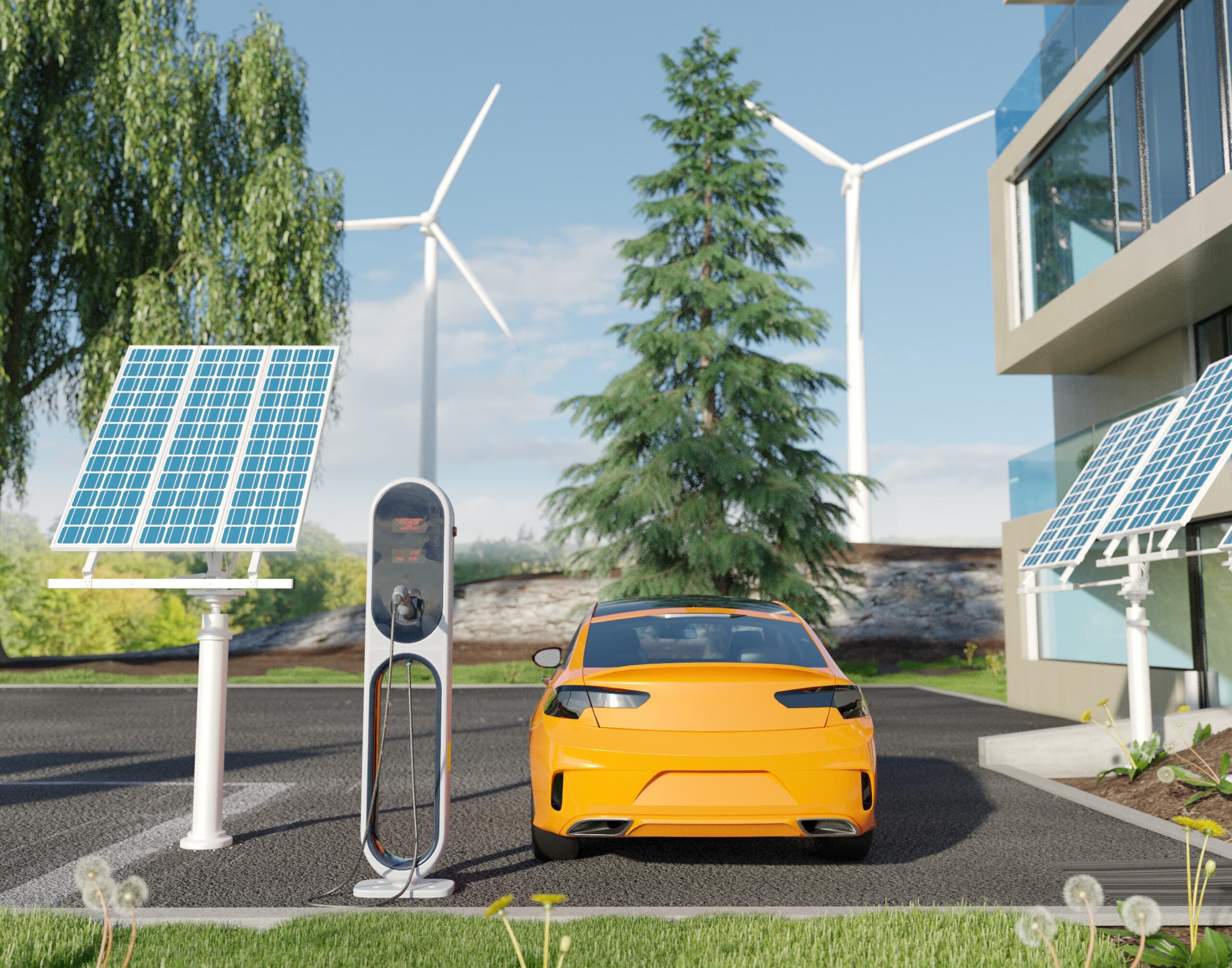In an era of mounting concerns over climate change, electric vehicles (EVs) are heralded as a beacon of hope. They offer a tangible solution to our addiction to fossil fuels, but their efficacy extends far beyond just the reduction of tailpipe emissions.
CO2 Reduction: Breathing Cleaner Air
The lack of exhaust in EVs translates to zero tailpipe emissions, marking a stark contrast to their internal combustion counterparts. Coupling this with an EV charging infrastructure powered by renewable energy sources, the greenhouse gas reduction potential amplifies manifold. This synergetic relationship not only curtails carbon emissions but also paves the way for a decarbonized transportation sector.
Less Pollution: A Holistic Environmental Approach
Apart from CO2, conventional vehicles emit a cocktail of pollutants detrimental to both human health and ecological well-being. In urban landscapes, especially where vehicle density is at its peak, EVs are a solution to reduce smog, improve air quality, and rejuvenate urban ecosystems.
The Broader Ecosystem: Interlinking EVs with Sustainable Innovations
Electric vehicles don’t exist in isolation; they’re a pivotal part of a broader ecosystem championing sustainability. This network consists of renewable energy farms, smart grids, and advanced urban planning methodologies, all converging to support the EV revolution. As solar and wind energy gain traction, the EV charging infrastructure can tap into these sources, ensuring that the electricity fueling EVs is as green as the vehicles. Furthermore, integrating AI and IoT into the EV charging stations dataset facilitates predictive maintenance, efficient energy distribution, and real-time user feedback. These technologies, when intertwined, create a harmonized system where innovations amplify each other’s impact. It’s a testament to how, in our pursuit of a sustainable future, every cog in the machine – from the vehicles we drive to the energy we harness – needs to operate in synchronicity.
Battery Recycling Concerns: Addressing the Elephant in the Room
It’s essential to approach EVs with a balanced perspective. As their adoption skyrockets, so does the concern for battery waste management. Each EV has a substantial battery pack rich in materials like lithium, cobalt, and nickel. Sustainable battery recycling solutions are no longer just an afterthought; they’re a necessity. Ev charging stations datasets are now being used to track battery health and predict end-of-life, providing crucial insights into recycling initiatives. Forward-thinking companies are not just discarding old batteries but repurposing them for secondary applications and, in the process, paving the way for a circular EV battery economy.
The Larger Picture of Sustainability
Electric vehicles, while transformative, are not the panacea for all environmental challenges. However, they signify a monumental shift towards a more sustainable future. As we refine EV technology, expand the EV charging infrastructure, and lean into a greener energy grid, EVs will undeniably be at the forefront of our battle against climate change, driving us toward a world where transportation harmonizes with nature rather than working against it.




